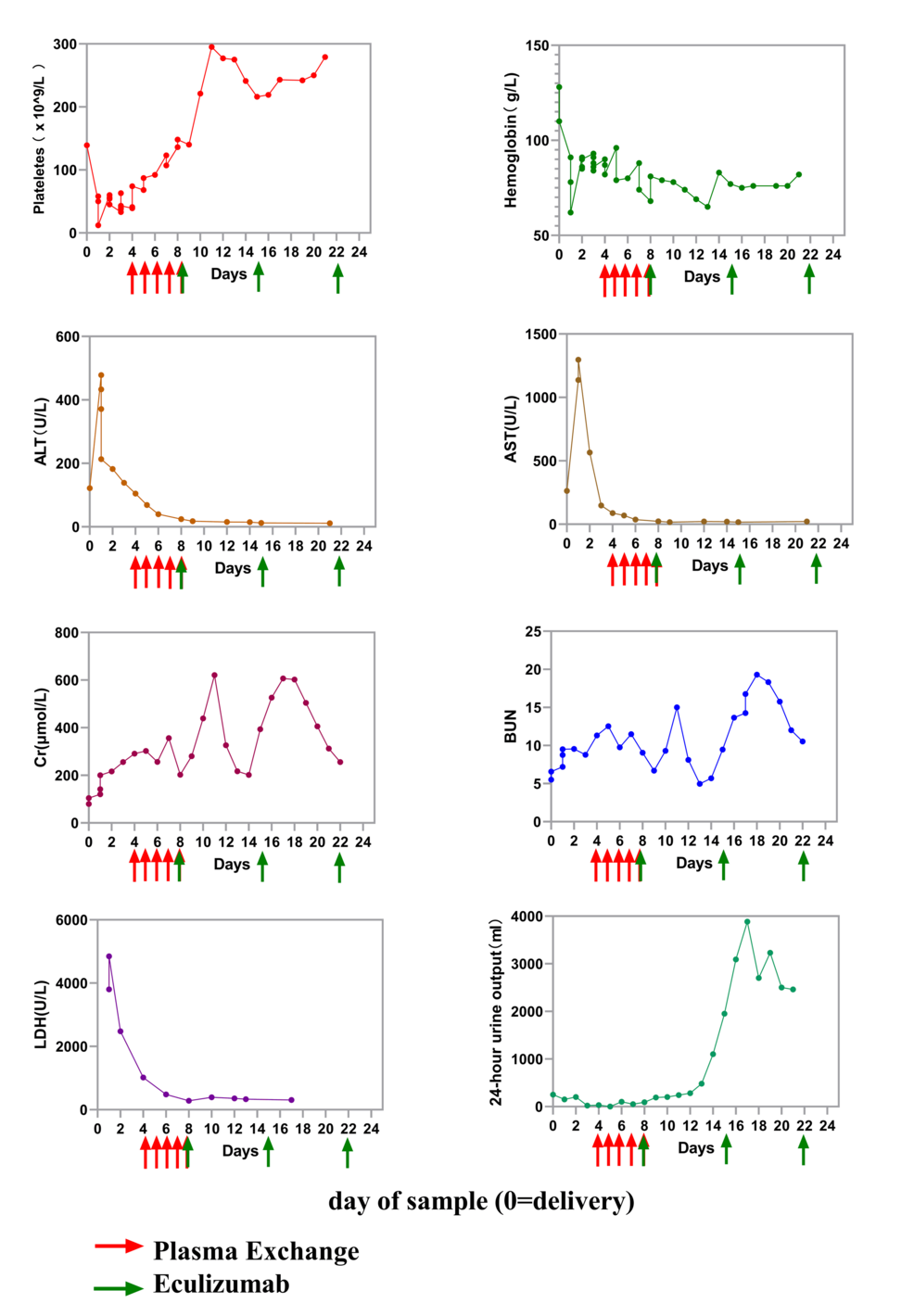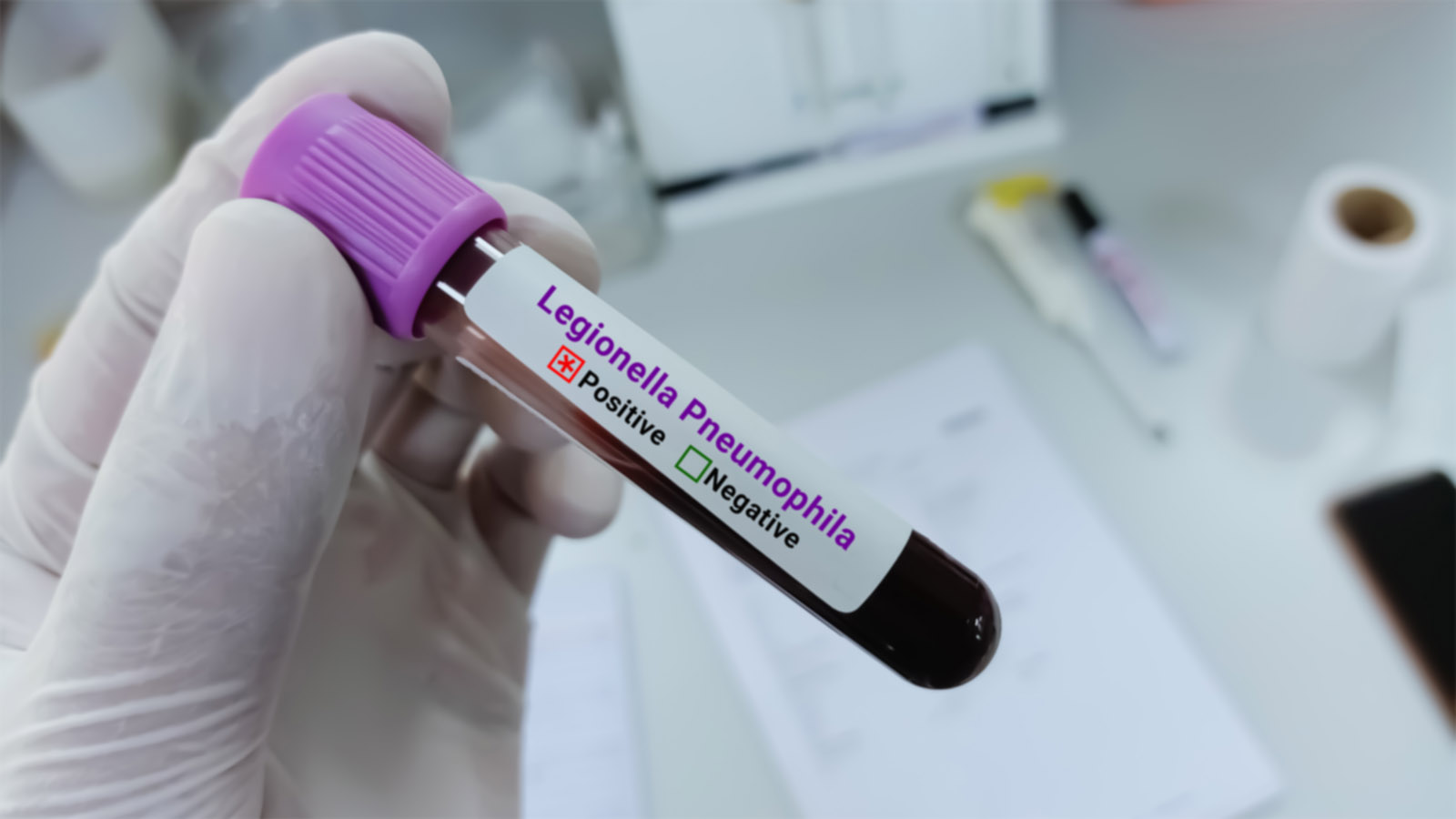Revolutionary Blood Test for Alzheimer's Disease Gains FDA Approval

When Maria Torres first noticed her mother beginning to forget names and struggle to find her way home, she was filled with dread about what these signs might mean. Like many families facing similar challenges, Maria's search for answers was fraught with uncertainty. Fortunately, a groundbreaking advancement in medical testing may soon provide clarity for families in similar situations. The U.S. Food and Drug Administration (FDA) has recently approved the world’s first blood test specifically designed to detect Alzheimer's disease in its early stages, which could transform how this debilitating condition is diagnosed.
The newly approved test, known as the Lumipulse Plasma Ratio test, was developed by Fujirebio Diagnostics and promises to offer a less invasive and more accessible alternative compared to traditional diagnostic approaches. Alzheimer's disease, a progressive neurological disorder, currently affects more than 6 million individuals in the United States, a number that is expected to rise significantly as the population ages. As the disease progresses, early and accurate diagnosis is critical for managing symptoms and exploring viable treatment options.
The Lumipulse test operates by measuring the levels of specific proteins in the blood that are associated with the presence of amyloid plaques in the brain—these plaques are a well-known hallmark of Alzheimer's disease. Traditionally, detecting the presence of these plaques required expensive and invasive procedures such as PET scans or spinal taps, which can be both daunting and inconvenient for patients. In contrast, this new blood test allows for a straightforward blood draw, delivering essential diagnostic information with significantly less discomfort.
Clinical studies have substantiated the test's efficacy, revealing high accuracy in identifying amyloid plaques. In one notable study involving 499 cognitively impaired participants, the blood test's results closely aligned with findings derived from PET scans and spinal fluid analyses. This correlation is crucial, as it offers a reliable new tool for clinicians in the diagnosis of Alzheimer's disease.
FDA officials have underscored that while the Lumipulse test is a significant milestone, it should be utilized alongside other clinical evaluations to determine the best course of action for patients. FDA Commissioner Martin A. Makary pointed out the substantial impact of Alzheimer's disease, which affects more individuals than breast cancer and prostate cancer combined. He emphasized the alarming statistic that approximately 10 percent of people aged 65 and older are diagnosed with Alzheimer's, and that this figure is expected to double by the year 2050.
The approval of the Lumipulse test also bears significant implications for treatment accessibility. Currently, two FDA-approved drugs, Leqembi and Kisunla, have demonstrated promise in slowing the progression of Alzheimer's by specifically targeting amyloid plaques. However, these treatments necessitate confirmation of the presence of plaques, a process that the new blood test can facilitate more efficiently.
Dr. Michelle Tarver, director of the FDA's Center for Devices and Radiological Health, remarked, “Today’s clearance is an important step for Alzheimer’s disease diagnosis, making it easier and potentially more accessible for U.S. patients earlier in the disease.” While this blood test represents an important advancement in the field, experts advise that it is not intended for individuals who are asymptomatic and should only be administered under the supervision of qualified medical professionals.





























